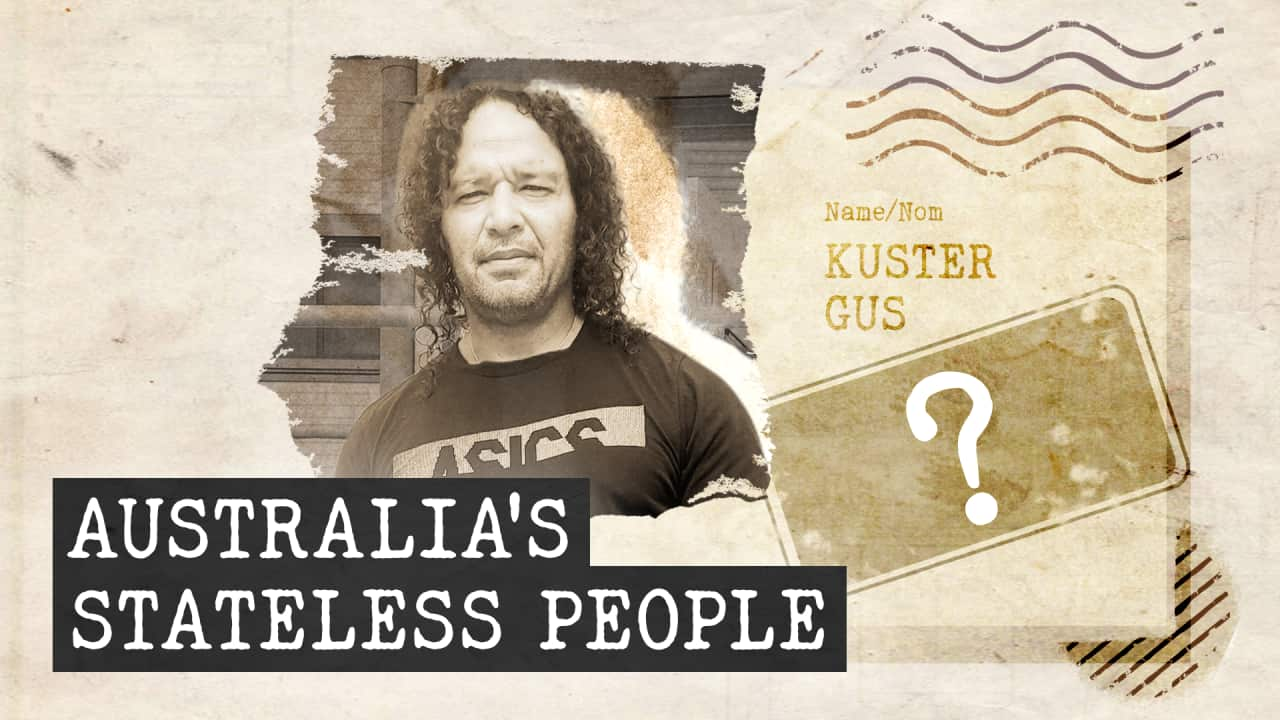For more stories, interviews, and news from SBS SERBIAN, explore our podcast collection here.
This lesson is suitable for intermediate-level learners. After listening, test your knowledge with our quiz.
Learning notes
Different phrases you can use when talking about time:
- Sorry, something’s popped up, I’m running late.
- I’m running behind.
- I’ll be there on the dot.
- My train got delayed.
- I lost track of time
- The day just has just flown by.
- I’ll be there in roughly 15 minutes.
Vocabulary:
To be punctual means to arrive at the planned time.
To pop up is to happen unexpectedly, so we can say that something it has popped up if something happens that we did not expect.
To show up is an informal way to saying to arrive.
Colloquial expressions:
If something is not such a big deal, it means that it is not so very important.
To be running late means that you are not going to be on time so the clock is running out.
For ages is an informal phrase that means a long time
Being fashionably late is to be late often and can also mean arriving at a party or event late to avoid being one of the first people to arrive.
Time flies is a phrase that describes the feeling that times is passing or has passed very quickly.
The clock is ticking is an informal way of telling to say hurry up.
If your time runs out then you don’t have any time left.
Learning focus:
If you want to talk about something that started in the past but is not yet finished or is very relevant to the present you can use the present perfect tense as in:
Sorry, something’s popped up, I’m running late.
- something + has + popped up
I’ve lost track of time.
- I + have + lost
He’s always been like this!
- He + has + been
Maybe there have been delays on the train.
- there + have + been
We often use this tense together with words like ‘just’ which stress that something has happened in the recent past:
The day just has just flown.
- day + has + flown by
Or with words which stress that something started in the past still isn’t finished, like ‘yet’:
- She hasn’t yet finished everything.
When we speak, though, we usually say words like ‘have’ or ‘has’ very quickly, so they become ‘s and ‘ve and can be difficult to hear. So in the dialogue we didn’t hear the full form:
- Something’s popped up
- I’ve lost track of time
And so on...
Practise speaking dialogue from this episode:

Bonus Practice: #86 When? Talking about time (Med)
SBS English
03:49
Transcript:
(Note: This is not a word-for-word transcript)
SBS acknowledges the Traditional Custodians of Country and their connections and continuous care for the skies, lands, and waterways throughout Australia.
Imagine this. You wake up feeling good, you get ready, and leave home right on time. You don’t want to be late for your friend’s surprise birthday party.
But when you get to the train station… oh no! The train is delayed! That’s me today. I’m stuck, and I don’t know what to say to my friend.
Hi, I’m Josipa — and today, we’re talking about time.
Are you someone who’s always on time? Someone who’s used to being punctual? To be punctual means to arrive at the planned time.
In Australia, many people see being punctual as a sign of respect — or being professional.
But in some countries, like Saudi Arabia, India, Fiji or Nigeria, people are not always so strict about time and can be more flexible. Being a bit late isn’t always such a big deal. If something is not such a big deal, it means that it is not so very important.
Maybe you’re like me — I try to be on time, but I still often end up running late! If you’re running late, it’s not you that is running here (although you might be!!)– it’s the clock that is running – it’s just a way of saying that you are not going to be on time.
However, you see time, knowing how to talk about it is really useful. We use time expressions every day — to make plans, to explain when things happen, or to say if we’re early or late.
If you can talk about time clearly, it helps you stay organised and avoid confusion. So let’s listen to Allan and Claire as they try to sort out their plans — and learn some handy ways to talk about time along the way.
Claire
Hellooo
Allan
Hey Claire, sorry, something’s popped up, I’m running late.
Claire
No worries! I’m running behind anyway, so no stress.
Allan
Thanks, I thought I was going to be there on the dot, but my train got delayed.
Claire
All good! I’ve lost track of time myself. Honestly, the day just has just flown by.
Allan
Same here. I should be there in roughly 15 minutes.
Looks like Allan’s going to be fashionably late — just like me!
If you’re fashionably late, it means you arrive a bit late, like guests who are famous who often arrive a little late because they are so important.
Anyway, I’ve known Allan for ages — that means for a long time — and yep, he’s always been like this!
He said,
Sorry, something’s popped up, I’m running late.
Allan is running late because something’s popped up. When something happens unexpectedly, you can say it has popped up. So I’m going to be fashionably late to my friends’ birthday today because something’s popped up – maybe there have been delays on the train.
Allan also said he’s running late. We often use the word running when we’re talking about time. It’s like we have the idea of a clock that is running all the time and we are trying to keep up with it.
For example, if you tell someone I’m running late, it means you won’t arrive on time. You can also say I’m running early if you’ll arrive earlier than expected.
Do you remember if Claire said she’s running late? She said…
I’m running behind anyway, so no stress.
Claire is running behind. That means she hasn’t yet finished everything she wanted to do before the meeting.
If something isn’t ready, or you don’t think you’ll finish it on time, you can say you’re running behind.
For example, I could now say to my friend, “Don’t wait for me! I’m running behind.”
Allan then said,
I thought I was going to be there on the dot, but my train got delayed.
Allan hoped he would be there on the dot!
If you arrive on the dot, it means you’re right on time — perfectly punctual.
I guess this phrase comes from when the hands on a clock hit the exact spot — the dot!
Now we know what popped up for Allan — he’s running late because his train was delayed.
That means the train is running behind schedule.
Trains, buses, and planes get delayed all the time. It’s probably the most common reason people have – or at least give – if they don’t arrive on the dot! Back to Claire,
I’ve lost track of time myself.
I’ve lost track of time. To lose track of time is to be so busy or focused on something that we don’t realise how much time has passed.
It’s that feeling when you’re deep in work or doing something fun… then you check the time — and it’s much later than you thought!
That’s what we mean when we say “I’ve lost track of time.” Claire also said,
Honestly, the day’s just flown by.
We often talk about time like it moves — and a common phrase is “time flies.” This means time feels like it’s going by really quickly.
Like when you see a child growing up and think, “Weren’t they just a baby yesterday?”
That’s a perfect moment to say, “Wow, time flies!”
A big thank you to our guest Ramy Aly . Paul Nicholson and Lily O'Sullivan voiced the characters of Allan and Claire, and Professor Lynda Yates was our educational consultant.




